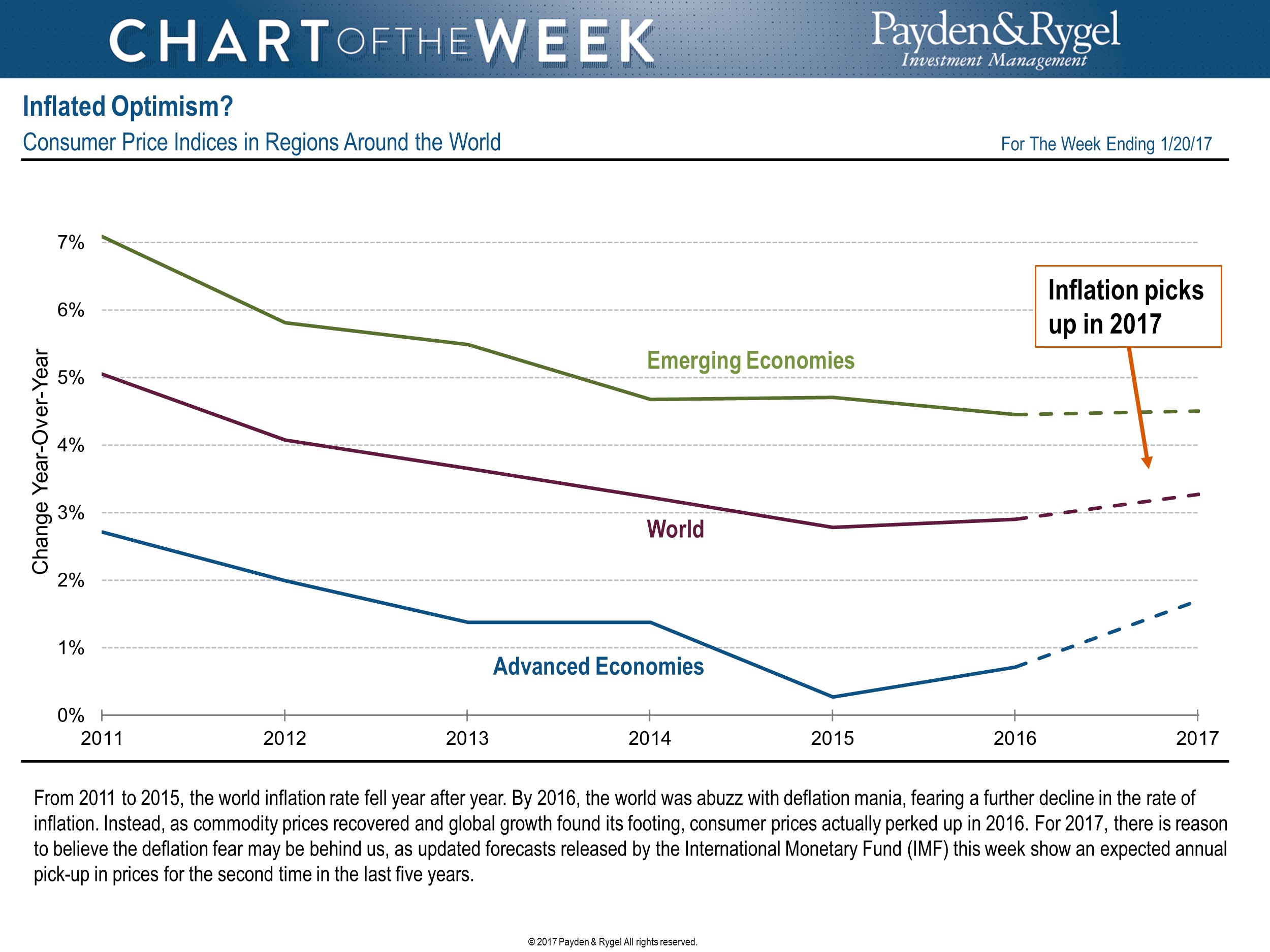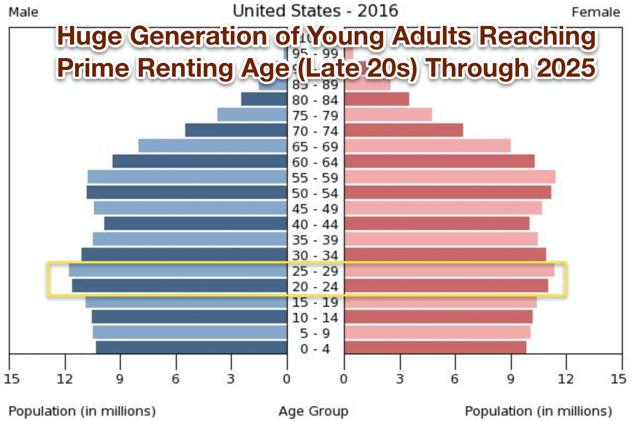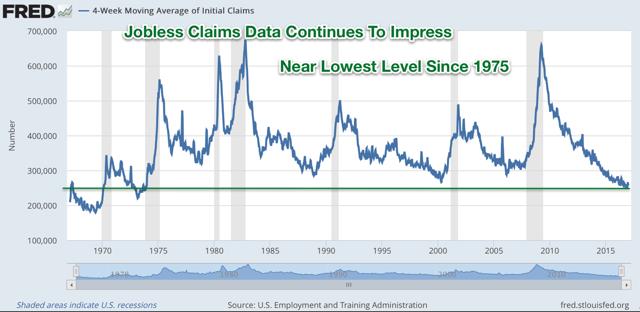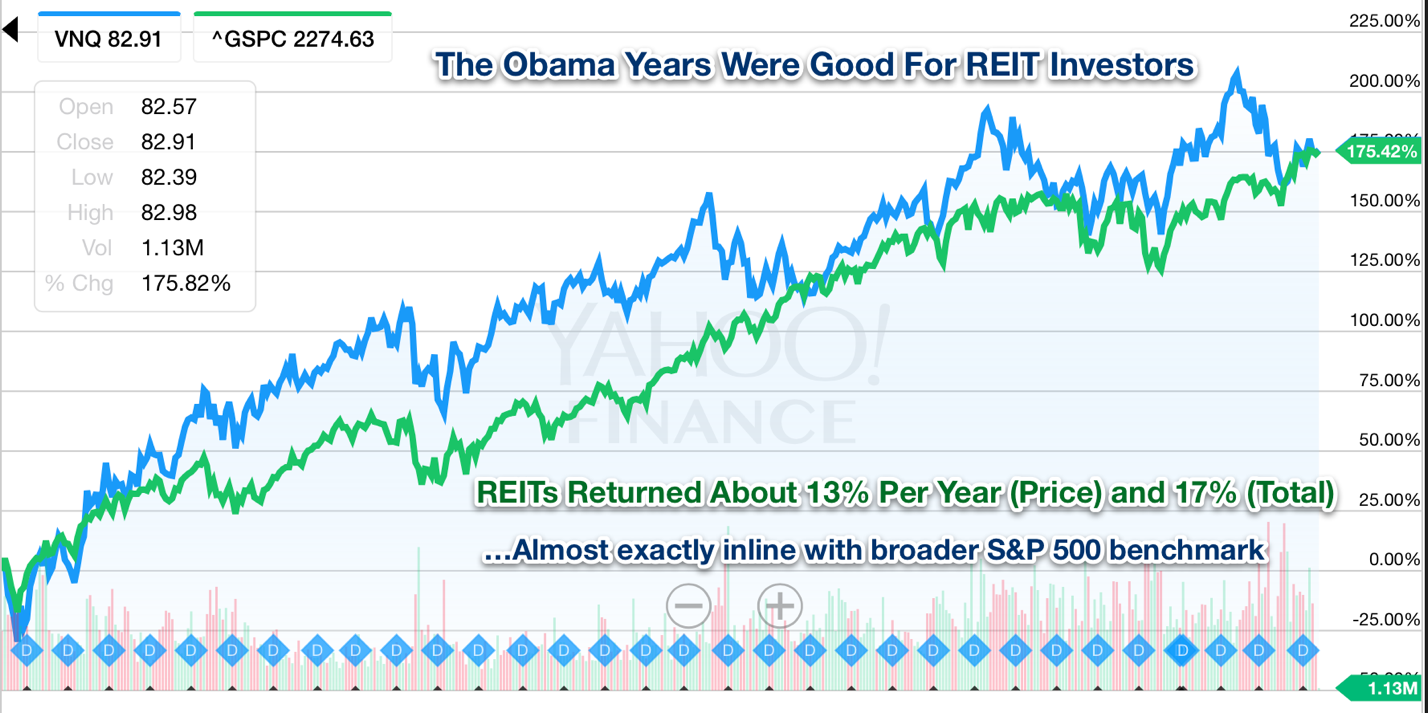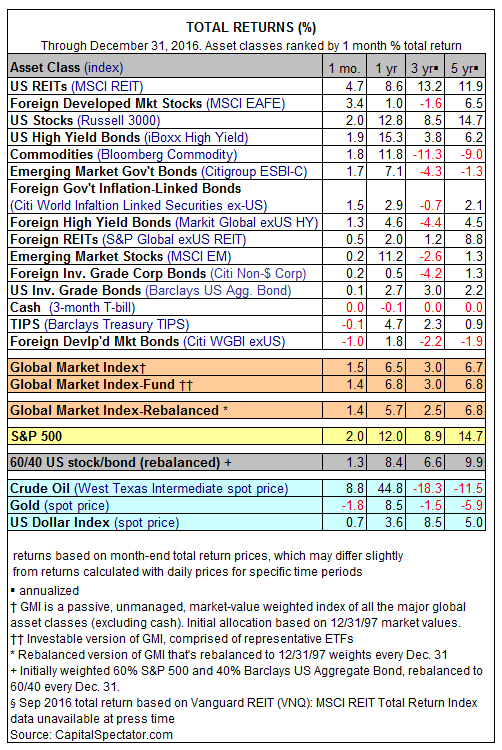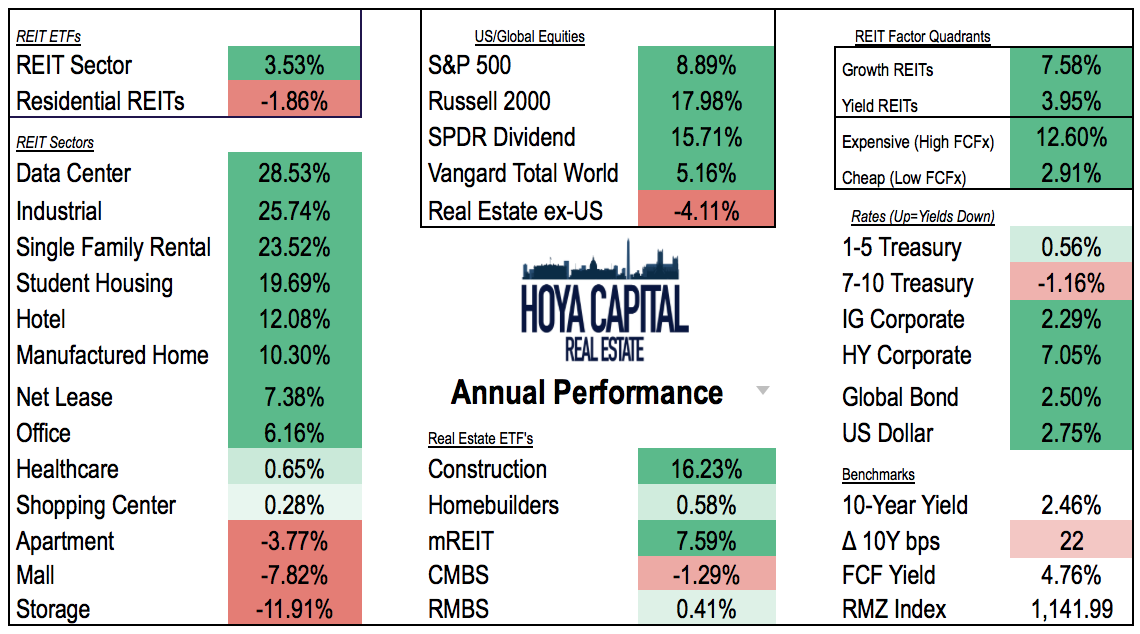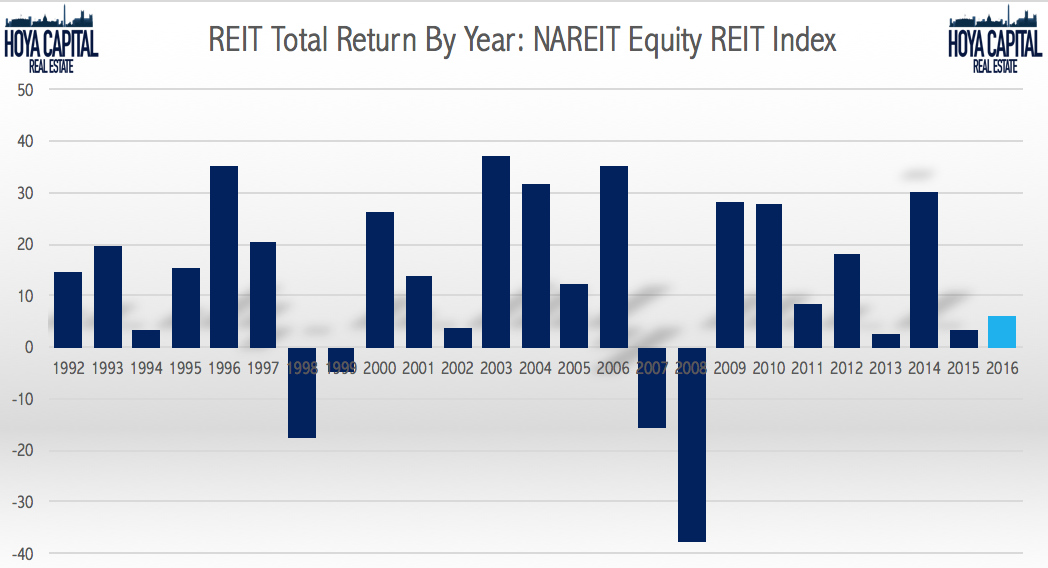FYI:
Regards,
Ted
December 15, 2016
Preview Clip:

Dear WEALTHTRACK Subscriber,
The U.S. has been the place to be for investors this year, even more so after the election of Donald Trump as President. Since November 8th, U.S. stock markets have been on a tear, reaching new records and extending their lead over international markets by a substantial margin.
As a recent Wall Street Journal headline put it: “The global dominance of U.S. stocks has been boosted by the post-election rally”, as well as the strength of the U.S. dollar, which has also been appreciating rapidly a
gainst other currencies. It hit a 14 year high Thursday a
gainst a basket of currencies. The market
capitalization of U.S. stocks reached over $25 trillion in December, comprising more than 40% of the world’s stock market value, levels not seen since 2006.
No other country comes even close. Despite rapid
gains in China’s stock market size and value, it still has less than a 10% share of global market value.
With low unemployment, corporate profits expected to pick up and stimulus anticipated from infrastructure spending, corporate tax cuts and regulatory roll backs more investors are jumping on the bullish bandwagon. Even the Federal Reserve acknowledges that economic conditions have improved significantly enough to allow it to boost interest rates this week, for only the second time in a decade. The way things are going, Fed Chairwoman Janet Yellen expects to raise interest rates another three times next year, in 25 basis points, or a quarter of a percentage point increments.
Improving conditions and this positive outlook are why the message from this week’s guest is such a stunner.
In a WEALTHTRACK exclusive, Wall Street’s top ranked investment strategist is saying it’s time to put on the brakes and get much more defensive!
He is François Trahan, Co-Founder, Partner and head of the Portfolio Strategy team at Cornerstone Macro, an independent macro research, policy and strategy firm he and his partners launched in 2013.
Trahan was recently inducted into the All-America Research Team Hall of Fame by Institutional Investor magazine, having been ranked the number one portfolio strategist for 10 of the past 11 years by institutional investors.
Up until recently Trahan was correctly bullish on the US stock market, as he has been for well over a year.
No more. He is adamantly telling clients that this rally should be sold. He will explain what has changed.
If you’d like to see the show before it airs, it is available to our PREMIUM subscribers right now. We also have an EXTRA interview with Trahan about what he describes as investing’s great mystery. Intrigued?
Plus, WEALTHTRACK is available on a YouTube Channel. So if you are unable to join us for the show on television, you can watch it on our website, WealthTrack.com, or by subscribing to our YouTube Channel.
Thanks for watching! Have a great weekend and make the week ahead a profitable and a productive one.
Best regards,
Consuelo
